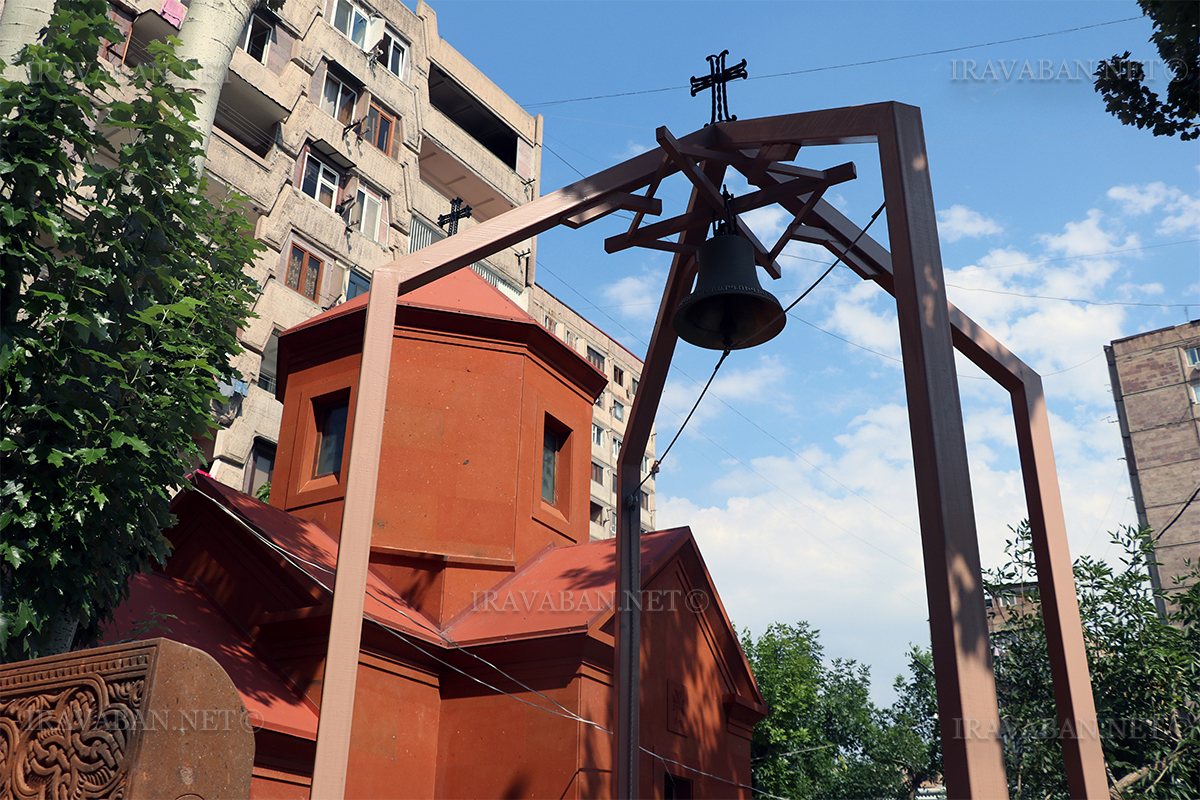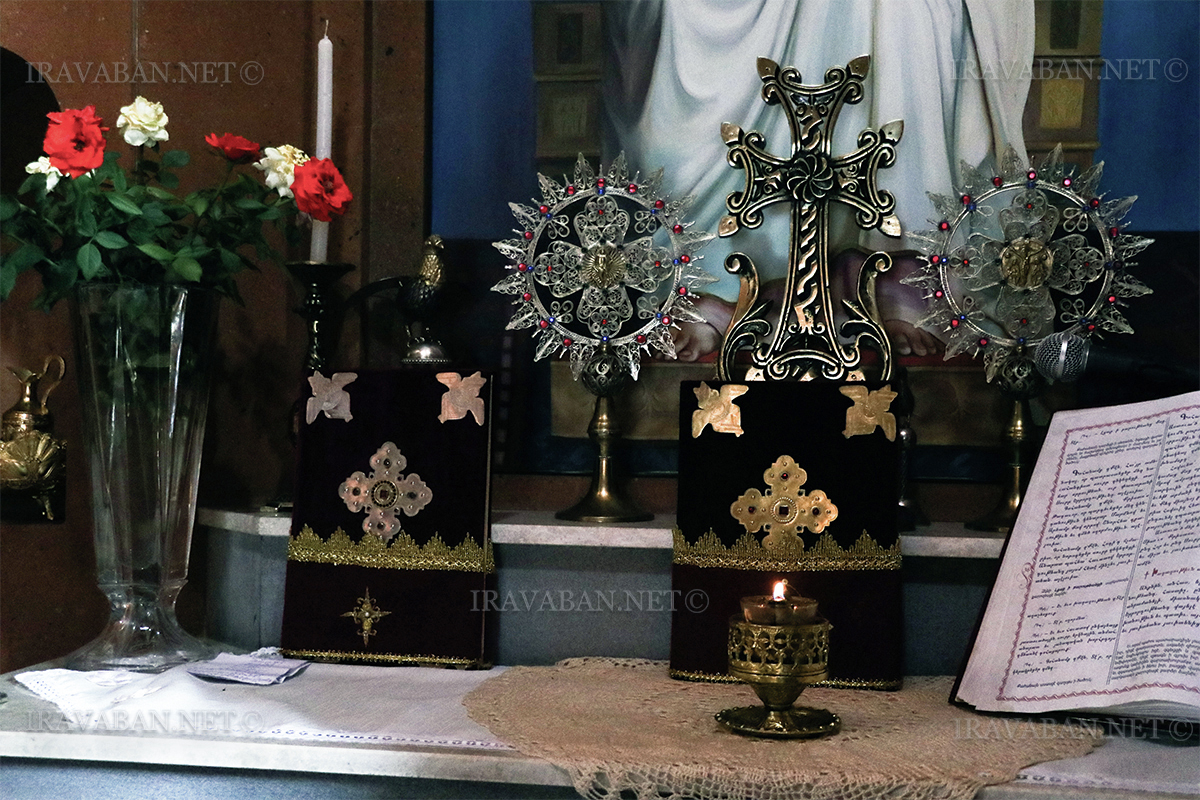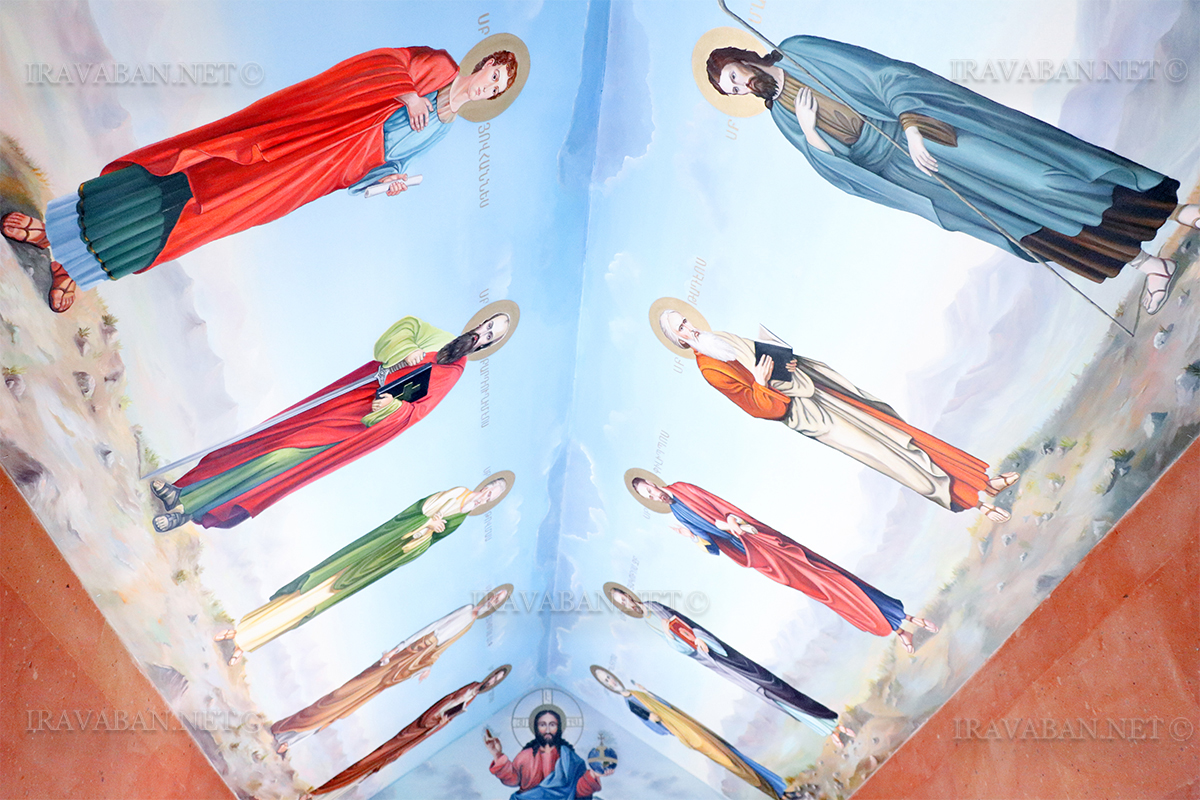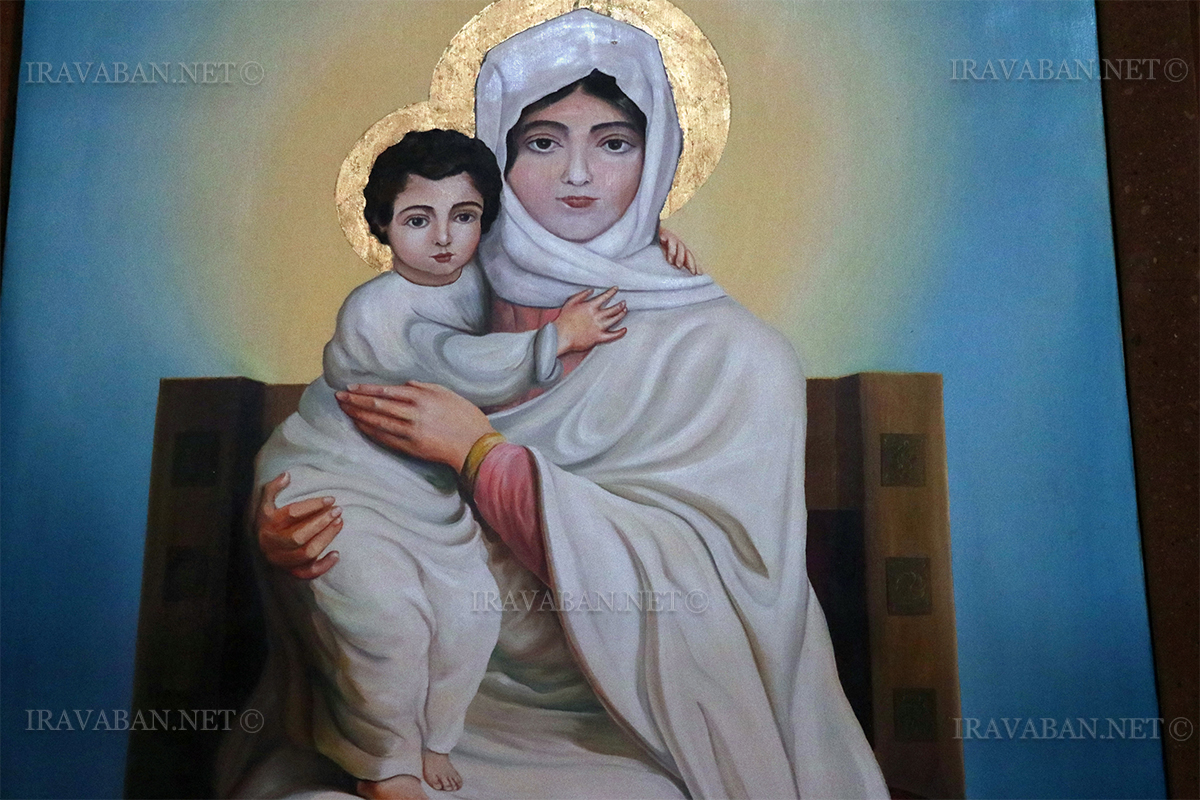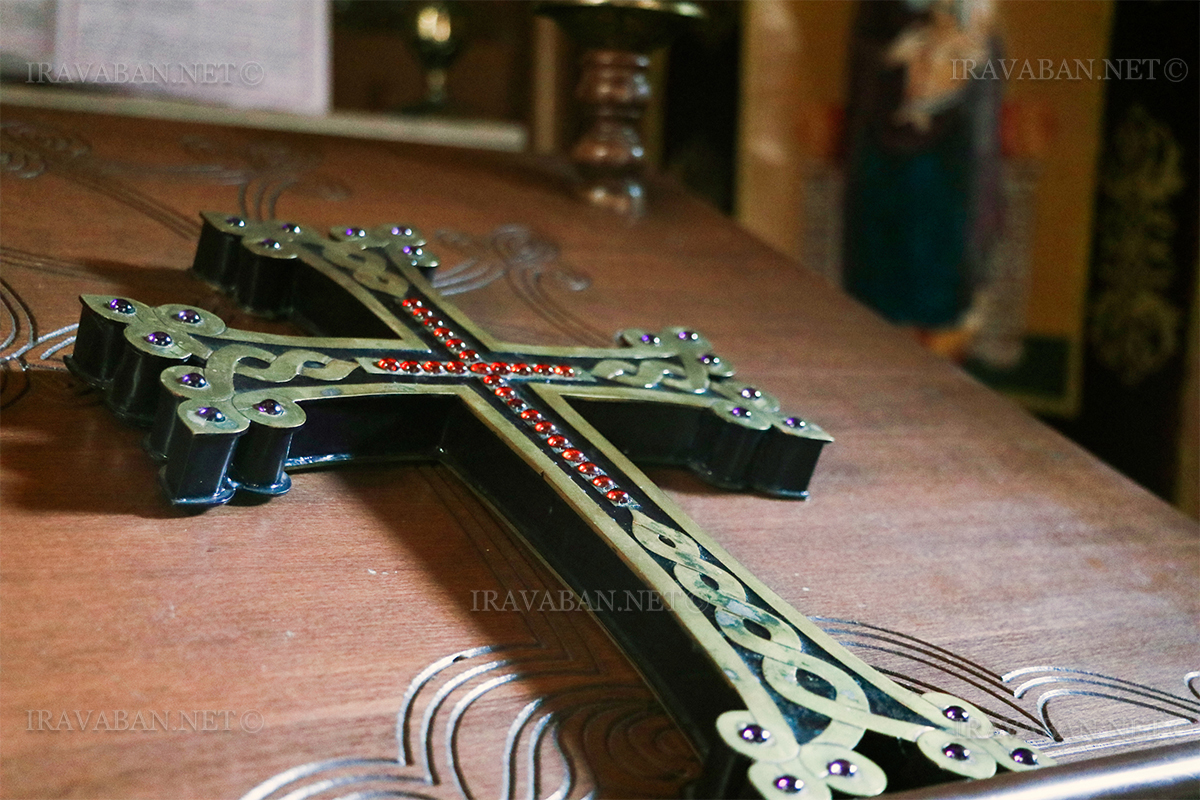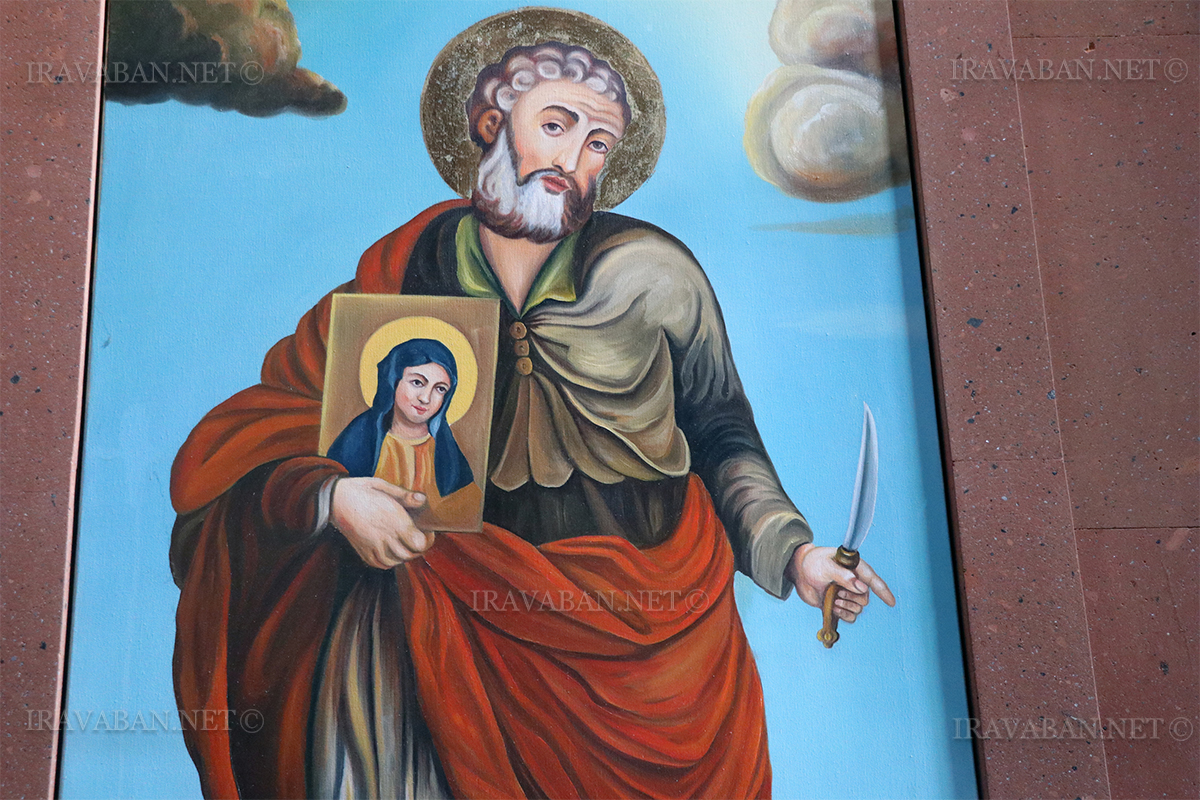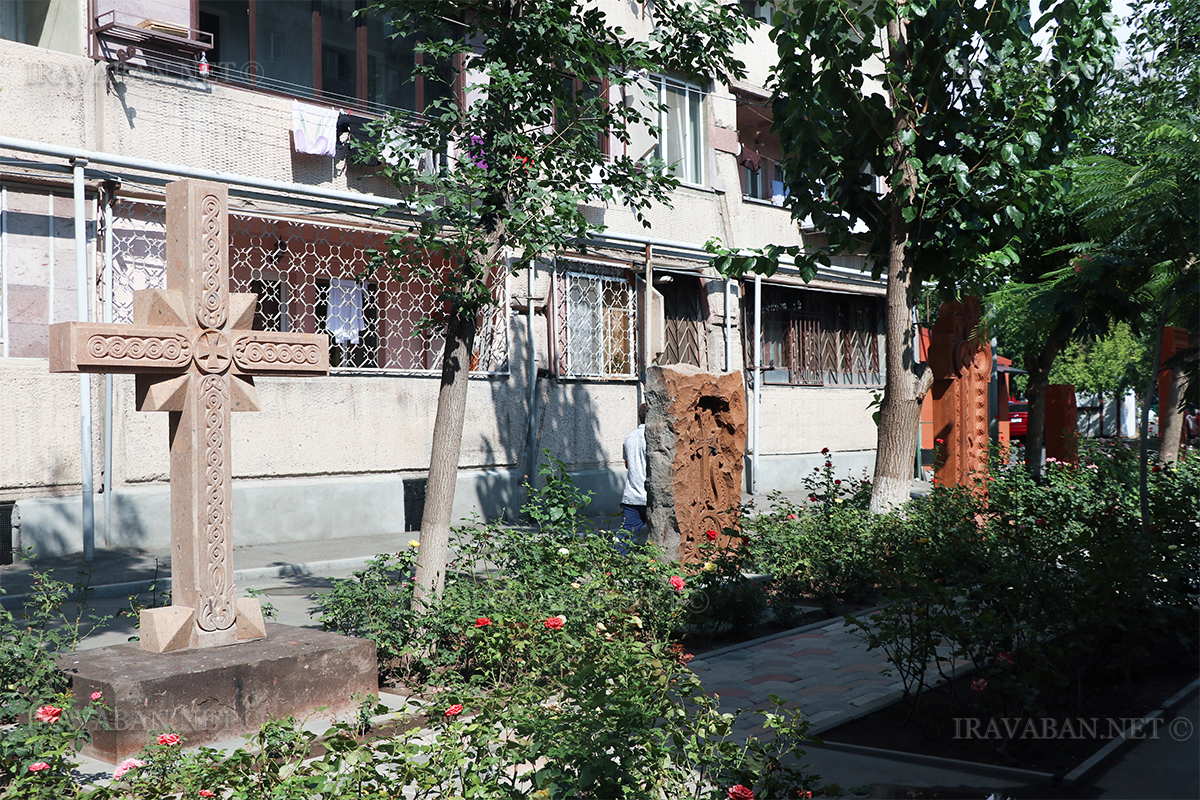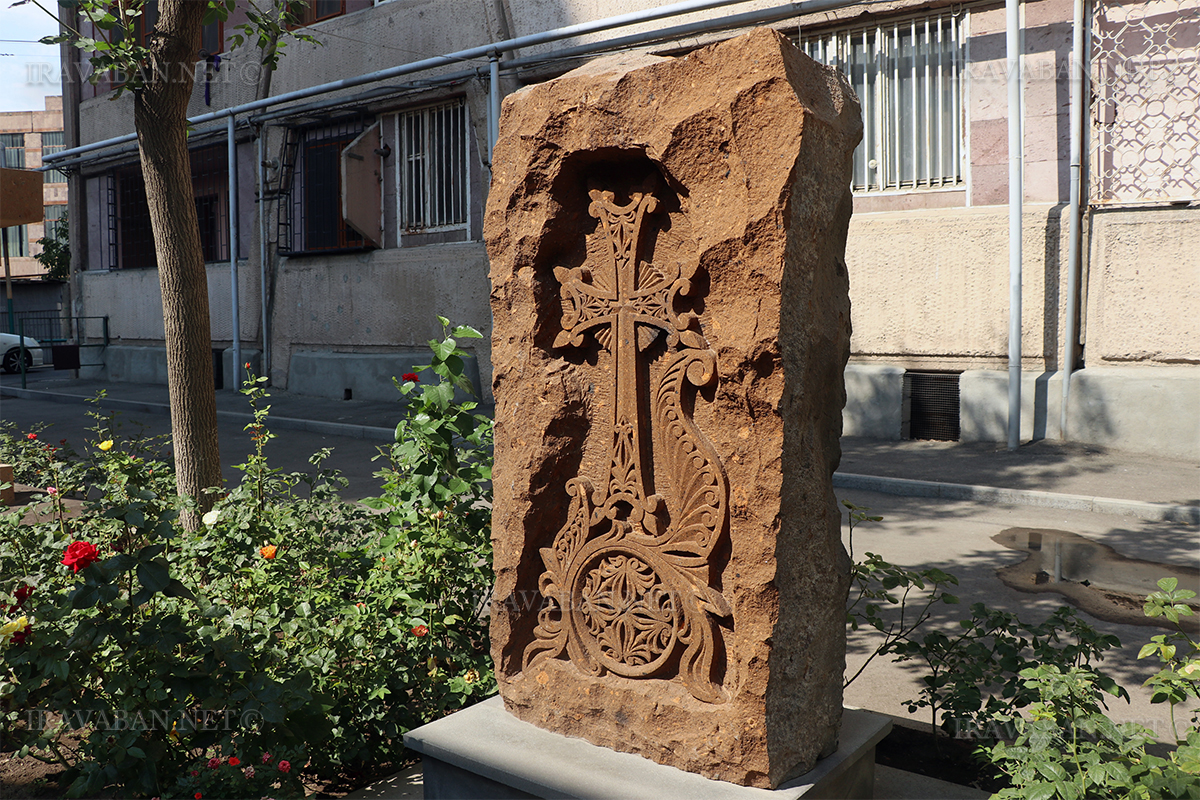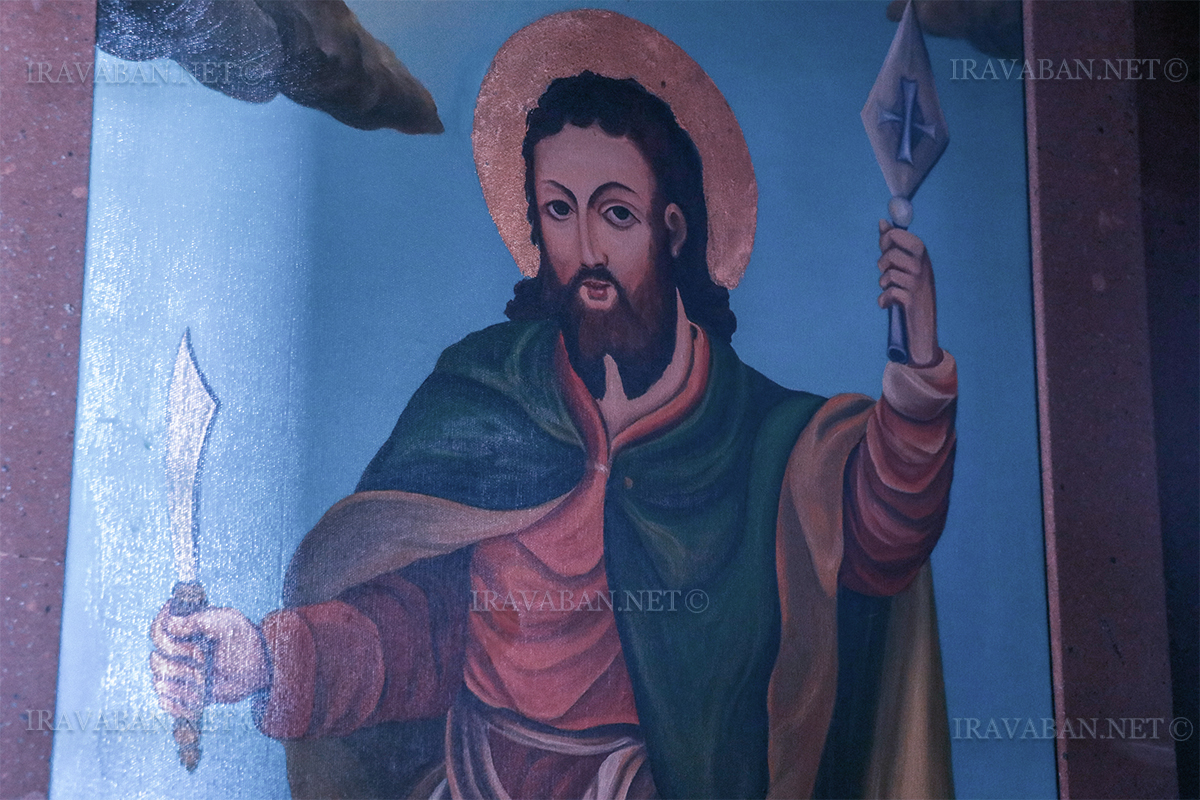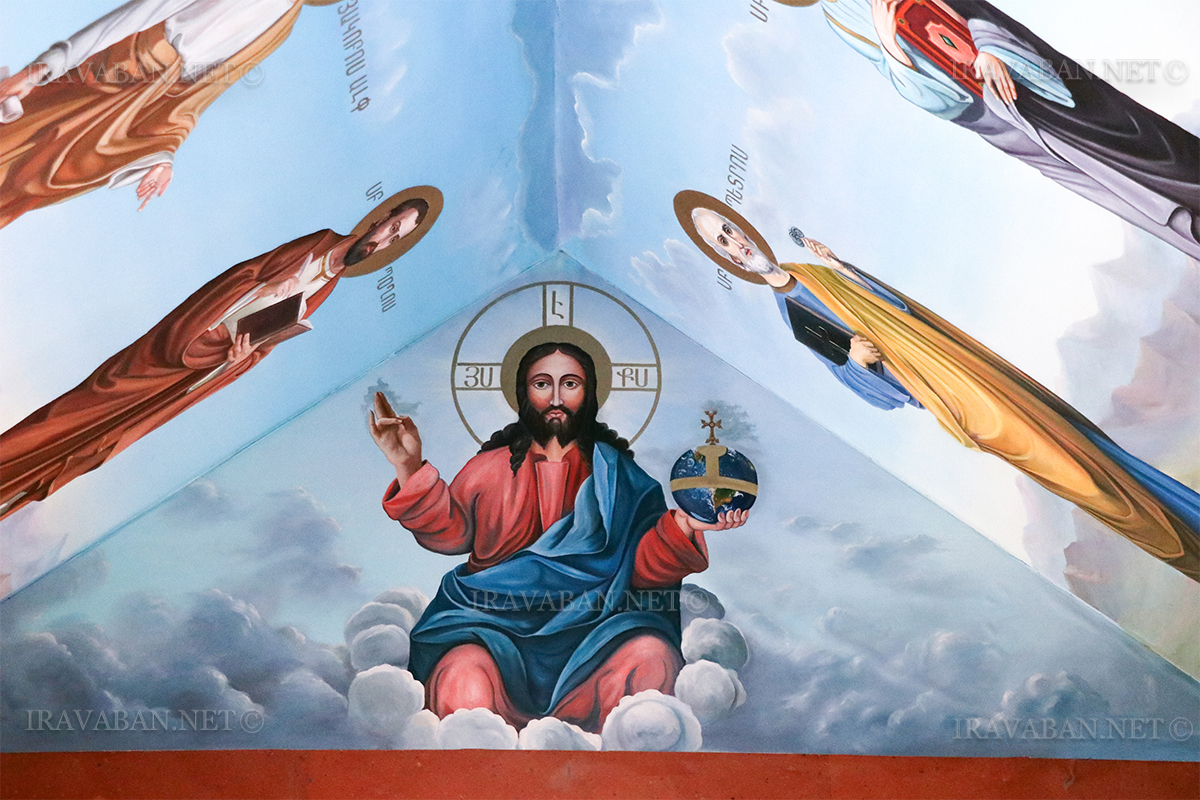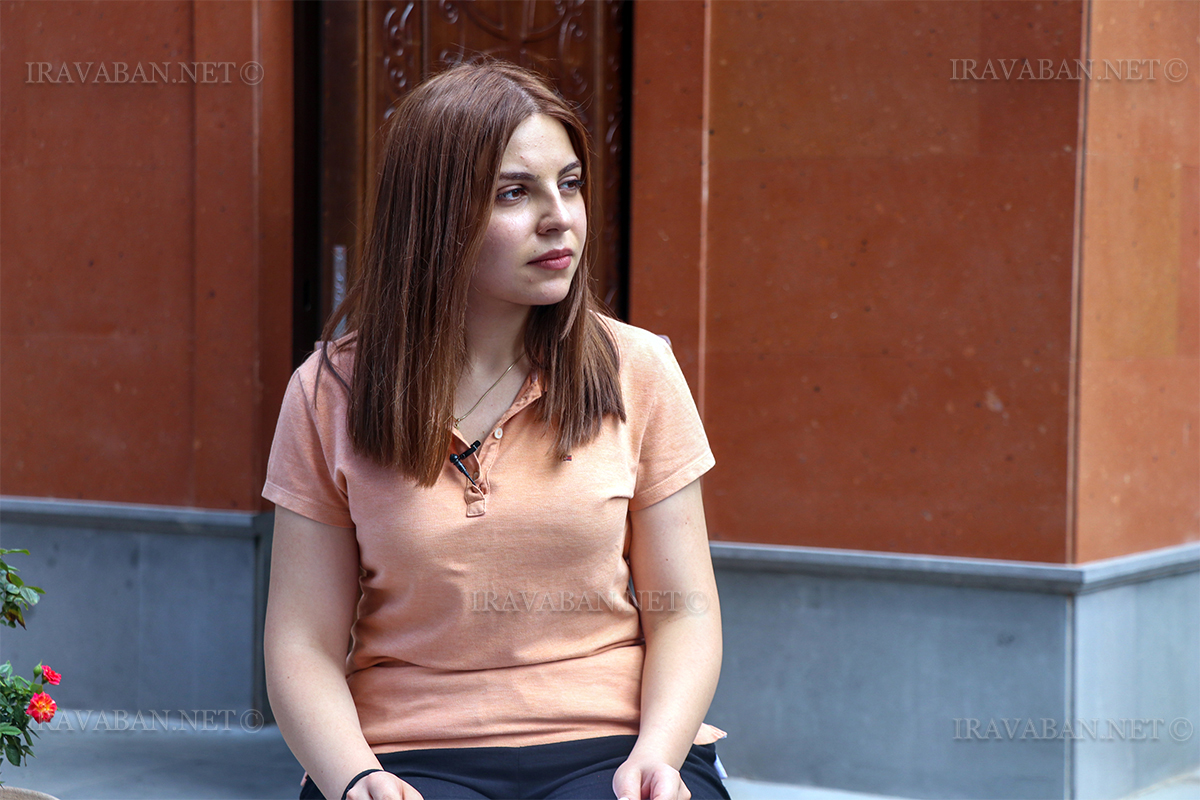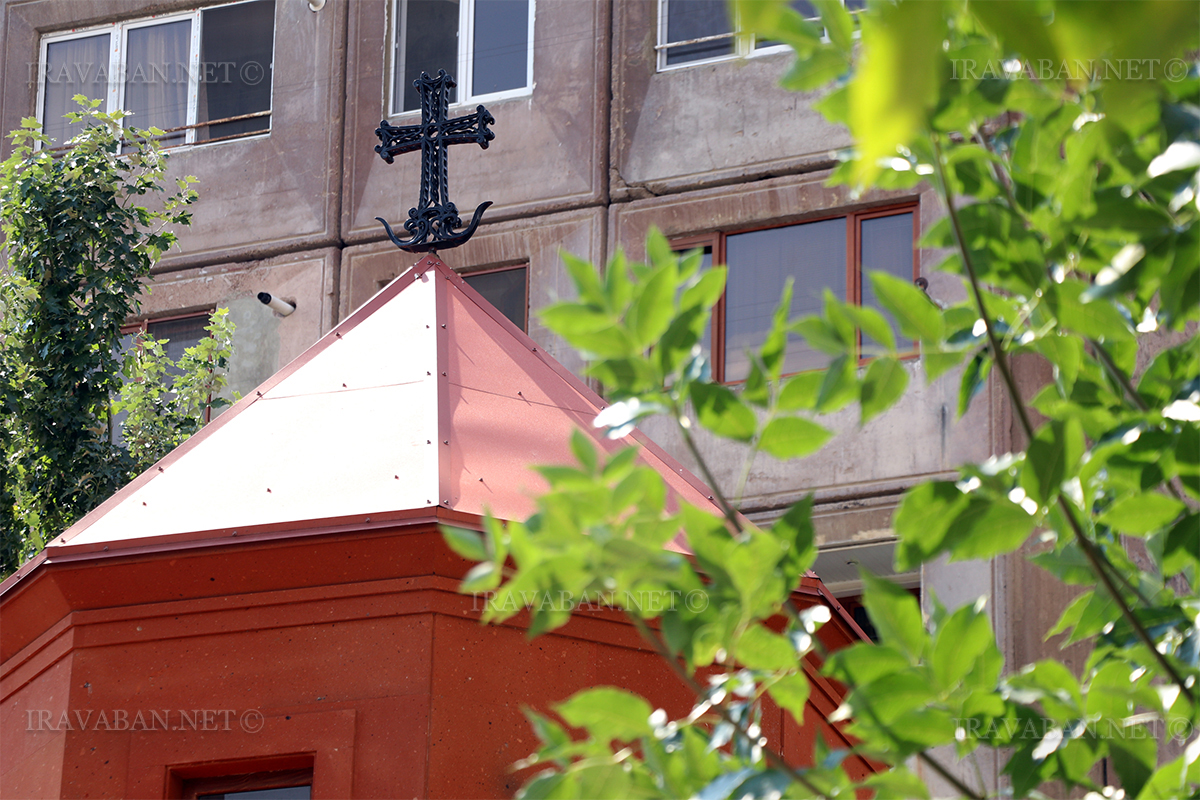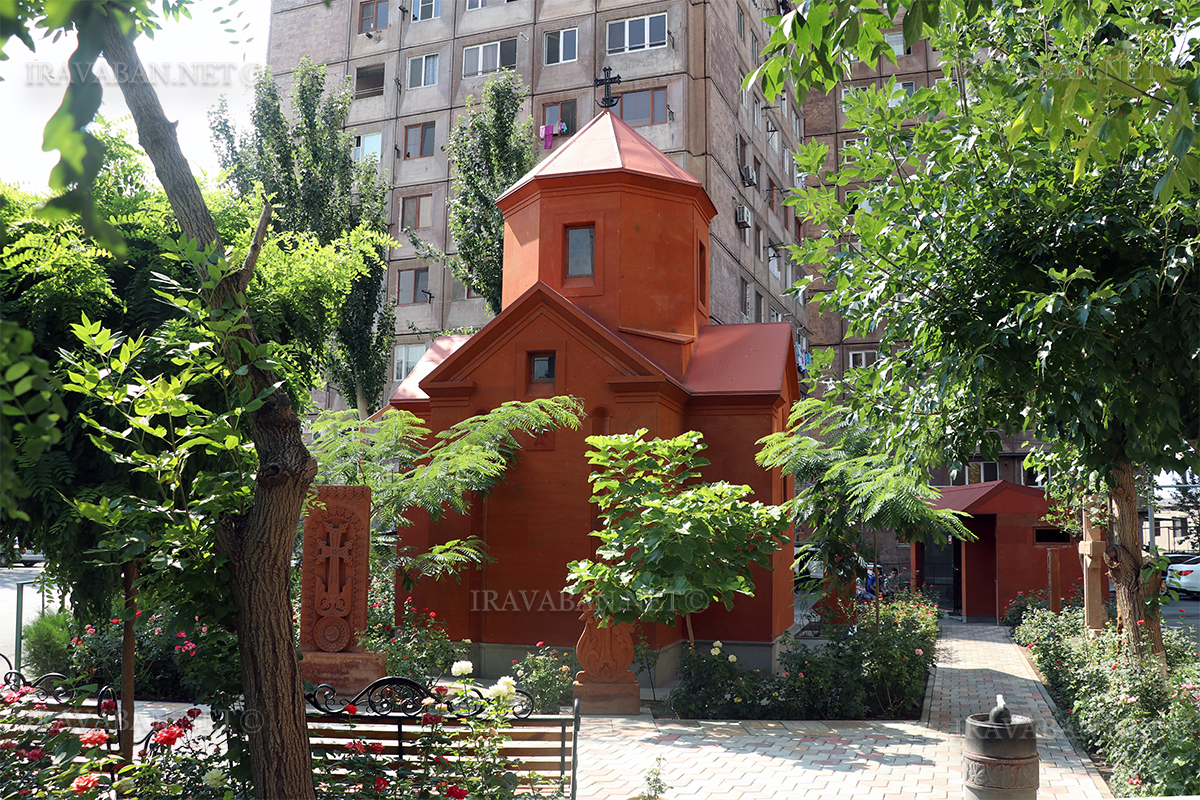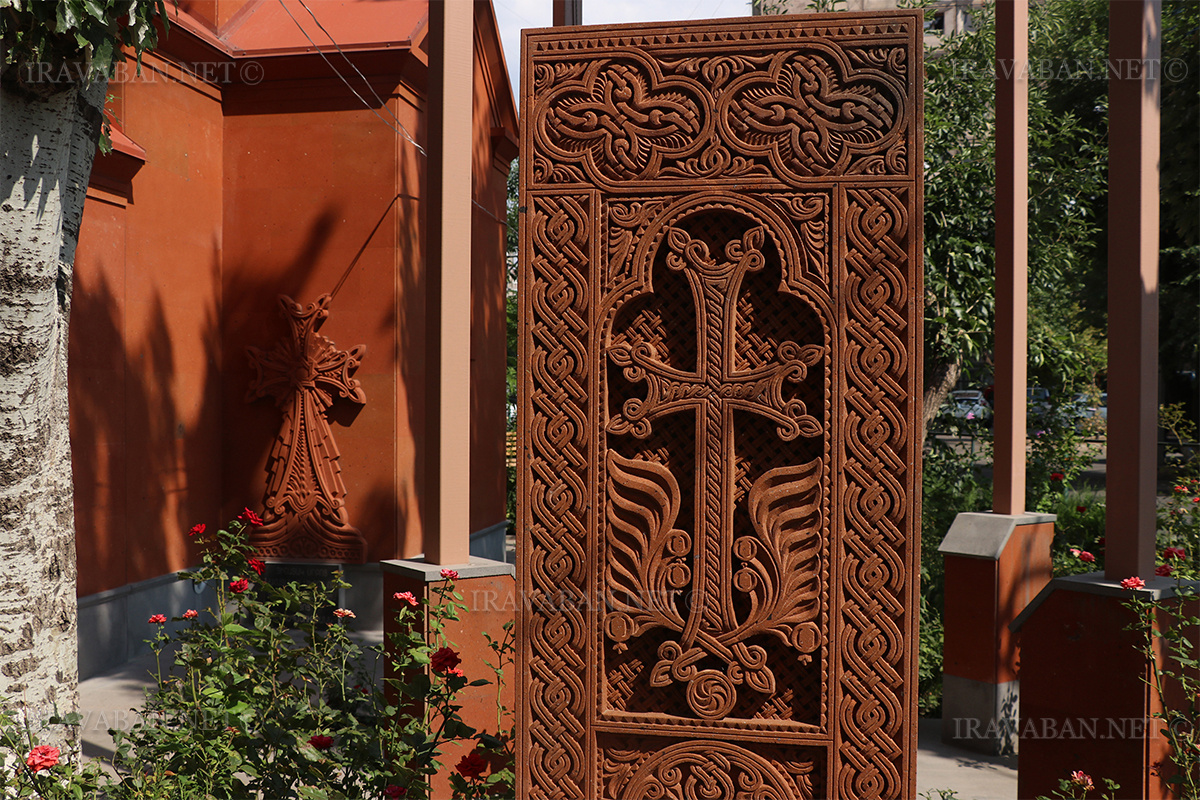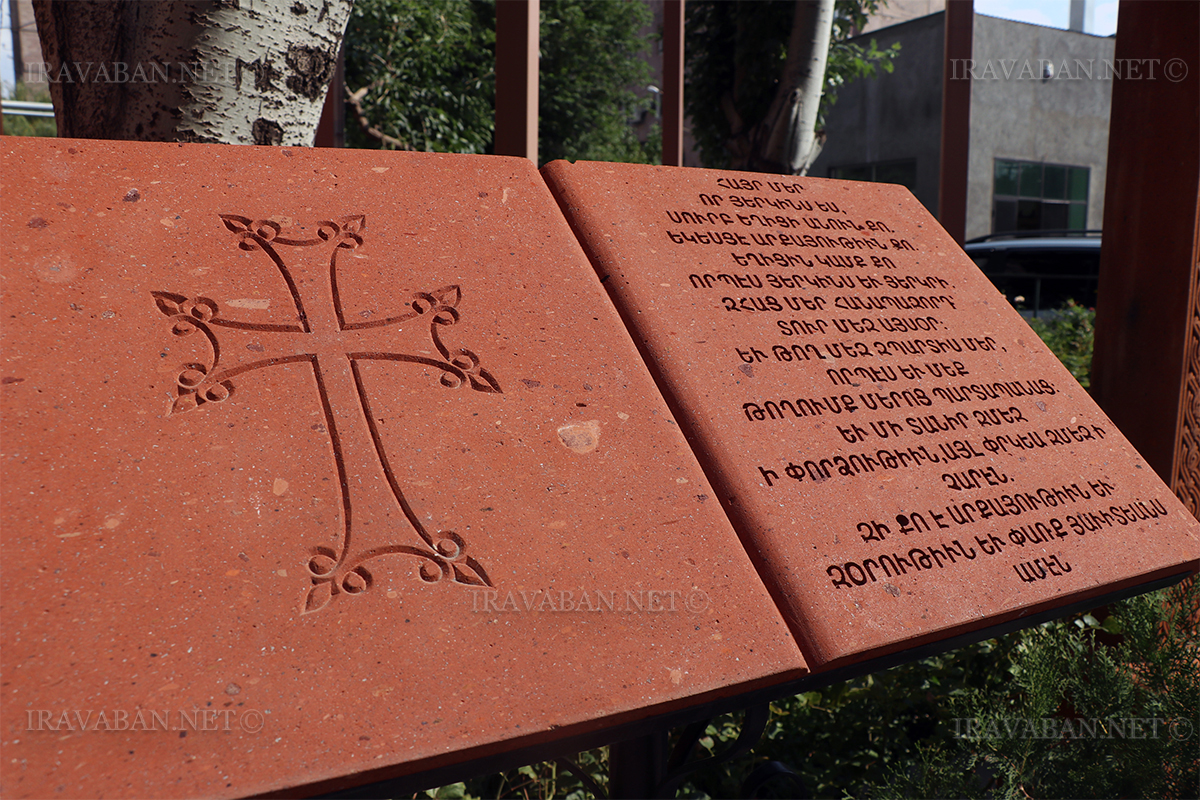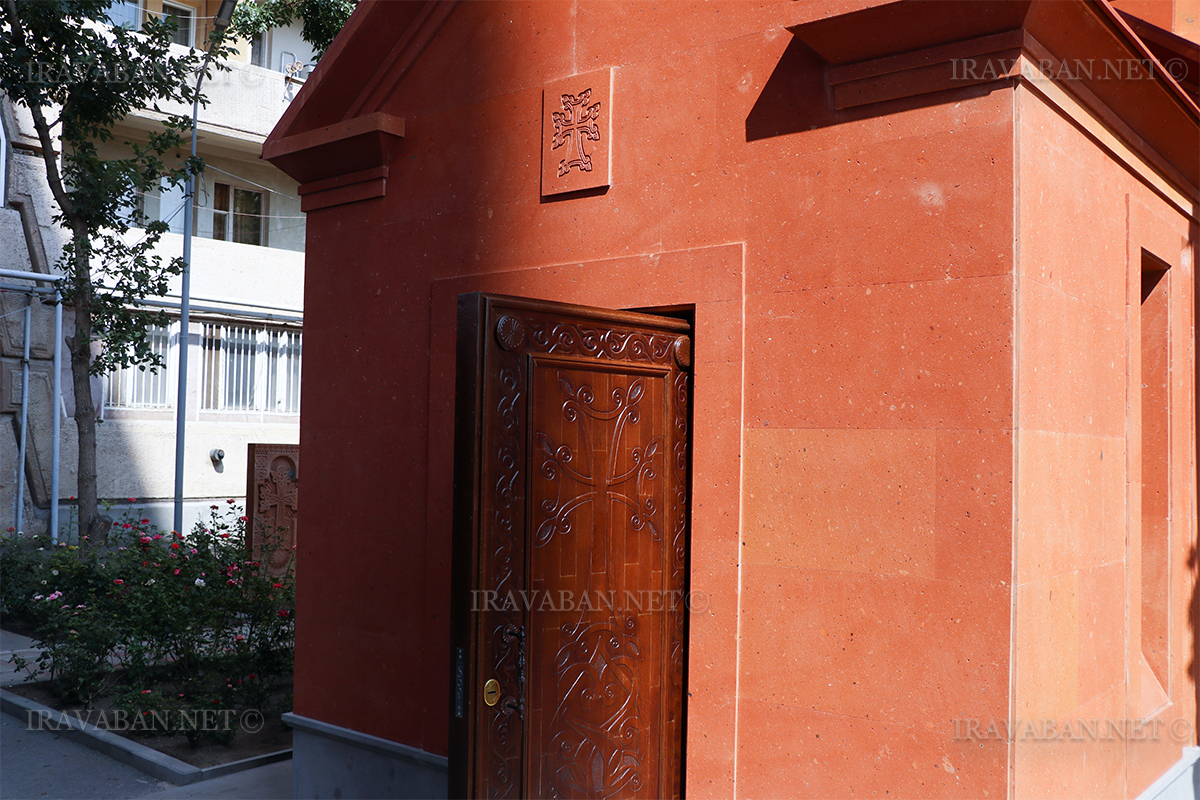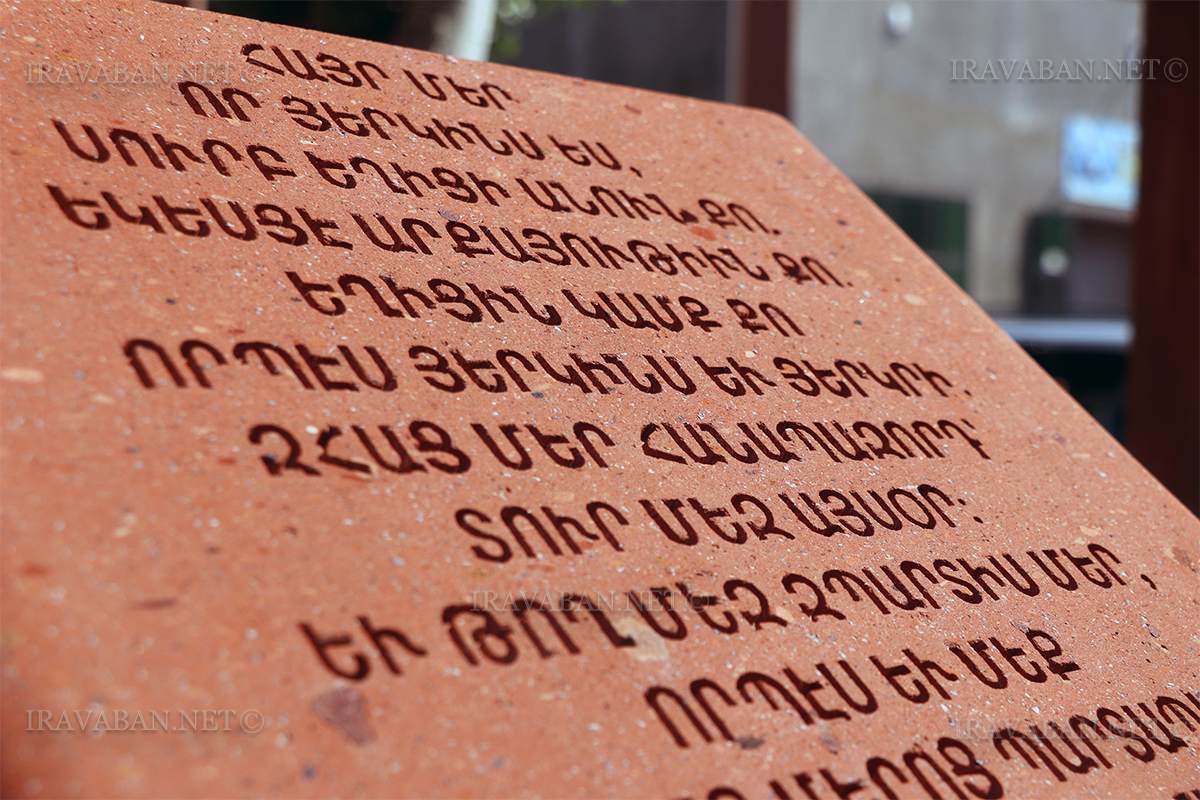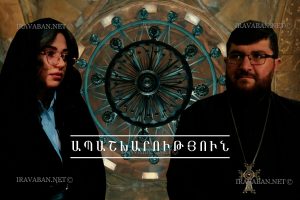The church is national for us, because it is an integral part of the Armenian mentality, and Yeghishe says that Christianity is not a dress for us, but the color of our skin. Christianity is represented in the face of the church. Father Zareh Ashuryan, the spiritual pastor of the Holy Apostles Church of Shengavit of the Ararat Patriarchal Diocese, said this within the framework of Iravaban.net’s “The Church and the Law” series of interviews,
– The Armenian Apostolic Church is also called the National Church. Why and from what moment did it become national?
– If we look at your question from inside the spiritual life, with spiritual eyes, Christianity can definitely not be national, it is a universal value. But in our case we have given the church the national title for the fact that the church is directly involved in all national spheres, in all layers, in all periods. The church has become national for us since the adoption of Christianity,.
– What is the national identity? What was the role of the church in its formation and preservation and what is it now?
– In general, when we say national, we first of all understand the spiritual-cultural peculiarities, conditioned by the ability to share both the difficulties and the trials throughout history. After the construction of the Tower of Babel, God divided the nations according to languages. Each nation received its homeland from God as a gift, and the identities of the nations were formed in the territory of that homeland, first of all, in the cultural and spiritual sense.
When we say national, we mean psycho-cultural independence. For the Christian children of the Armenian Apostolic Church, the national identity is inseparably perceived together with our church, our faith, because the church has always had a great influence. And we can say that the influence of the church on the formation of our culture has been very great.
– Throughout our history we have lost and restored our statehood without merging with other nations. What role has the church played in the preservation of the homeland and statehood during our history?
– One nation, one church, one culture, one language; this principle is very important. By embracing Christianity, King Trdat realized that in addition to spiritual awakening and uplift in human life, it also resolves the issue of national security. The peculiarity of Christianity does not allow to assimilate with strangers. And when we attribute certain features to our nation, there are people who consider, and say that these are old things, they are not needed, but no, those features are the means that do not allow us to assimilate with strangers.
Especially our nation, which is small and always goes through persecutions and difficulties, we cannot afford extravagance, liberalism and other similar phenomena. Sometimes we have to be conservative, conservative in terms of our culture, traditions, be faithful to our roots in order to keep our identity, and not to assimilate. The Armenian Church has been its supporter. We have always loved a stranger, but we have not become a stranger, we have not mixed with a stranger and become a stranger to us.
At different times we have lost our statehood, both during Christianity and before ChristianityWe may say that we have had very little time of Armenian statehood. After the conversion to Christianity, the church took on the whole national yoke in the absence of power. In honor of the church, we managed to establish relations with barbarian peoples, which are distinguished by particular cruelty.
The church was able to establish the right diplomatic relations with the superpowers and even to have trade relations. And the church did all this very well, as a result, the narrow personal interest of the church suffered, but the national one was secured. Our patriarchs were heroes who were not afraid of anything, they were not afraid of persecution, they were not afraid of death; no punishment oppressed them, to stand by the nation, to be faithful to Christian values and to advance our people in national ideas.
– Father Zareh, we all know that there are Armenians living abroad, who are already the third or fourth generation, some of them may not even speak Armenian, they may not even know Armenian history, but they regularly attend the Armenian Apostolic Church, trying to preserve their Armenian identity. Let’s also talk about what the role of the church for the Diaspora is?
– For the Diaspora, the Armenian Church is an Armenian home, where the Armenian remains Armenian. Under the influence of various transnationalist pressures or ideologies, people sometimes assimilate in foreign land. For example, many modern European nations are in danger of assimilation. They do not have mono-ethnicity; they are not homogeneous in terms of population. Mixed marriages and cultural hybridization are normal for them.
But in our case, in a very interesting and very surprising way, our nation strives to preserve national and Christian values abroad, rather than in the territory of Armenia, as evidenced are the Armenians living in Persia. They were more Christians among the Muslims in Persia, more with a national mentality and patriotic spirit than the Armenians living here during the Soviet years. This is not a subjective approach, but the reality is like that. The same now, in the modern world, even in the USA, Russia, Europe, Armenians always remain Armenians due to their church and faith.
I have to recall Khachatur Abovyan’s famous expression: I forget my language, I deny my religion, and how can I say that I am Armenian? In the case of our nation, these two circumstances are very important.
– “A Christian should not go forward with a sword; its sword is its patience and faith,” the clergyman says in the “Wounds of Armenia.” What would you say about the ideology of the church in this historical period, in the 19th century, and the ideology of the church in the 21st century? Are there any changes?
– Challenges are different, but the difference is in the form – the content is the same. Patience is a characteristic of a strong person; humility is a characteristic of the strong. What does it mean to be patient? People say that patience is life. In fact, the people say that from the Bible, because Christ says that whoever endures to the end, will live. If we do not have the appropriate resources today, what is left for us to be patient? When we have that opportunity, then we will win. In our time, if we try to take drastic steps, to take sharp actions, as a result of impatience we will lose more than we can wait until the right moment comes.
Even if a person has the most powerful weapons, but does not have faith, he cannot win. It does not matter what a person believes, but he cannot do without faith, faith is a driving force. If the soldier does not believe, he will not fight, what will he fight for?
– Father Zareh, in your opinion, what should the church do and can it do in the current difficult days?
– The church does a lot; sometimes a very small part of what the church does is noticed. The Church does not do anything ostentatiously, staying true to the gospel principle that if you have to do something, then you have to do it secretly so that it does not happen that you do it for your own benefit. The mission of the church is, first of all, the salvation of every person. To bring man closer to God through repentance, because every salvation is victory over evil.
Nationally, the church is involved in all spheres. Today, maybe a little, for well-known reasons or events, but it is always involved in the national life, in the life of his children, wherever it happens. The church has never been passive, not even once. The problem today is a little different; we do not have resources, both in material and human sense. We have, but we do not have enough. We need clergy today. We 3-4 priests serve in this whole community of 140 thousand people. It is not enough to be able to bring our spiritual fatherly care to everyone.
That is why I want to call on our parents, our people, and our compatriots to send their children to seminary to get an education and also to enrich their spiritual education. It is easy to judge the church for its shortcomings, for its spiritual condition, for its high degree of hatred in the nation. They always accuse the church, they say, you must take your hand, you must rule, you must lead. Yes, we realize that we are leaders, because the father must lead, but today we have that problem, so I urge parents to send their children to seminaries, to have good clergy and to be able to overcome these issues together.

